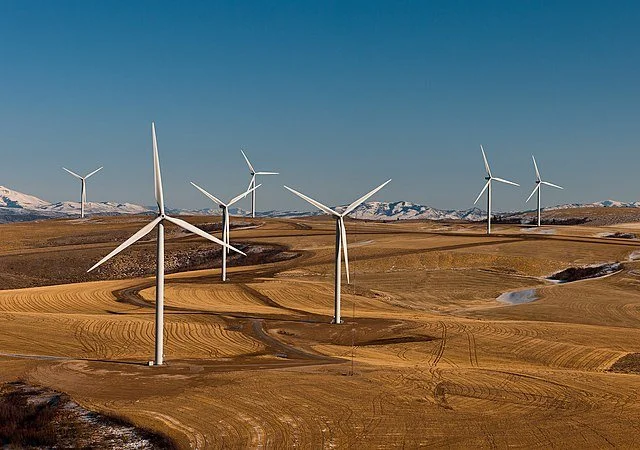Reener Horizons: How SSE Renewables Commits to a Greener Workplace
SSE (Scottish and Southern Energy) Renewables is Scotland’s very own renewable energy source. They focus their work with hydro stations, solar farms, and on/offshore wind farms. SSE are aiming to hit a Net Zero status by 2030 and have invested 20 bn pounds for a five-year clean energy plan.
SSE are trying to leave the planet in a better state than they found it. Graham Alexander, contracts manager for SSE Renewables and Onshore Wind, said: “The SSE have committed 40 bn pounds to aim to achieve Net Zero by 2030. The renewable sector and parts of the networks sector are looking to improve the grid in order to move power around better while also increasing the pipeline for renewable projects.”
Net Zero emissions means achieving a balance in gasses put into and removed from the atmosphere. Greenhouse gases are mainly caused by human activities in agriculture, energy, land use, and industry. Ways used to reduce greenhouse gases is by switching to renewable energy sources such as solar and wind. People can also opt to use public transport more often which will reduce their greenhouse gas emissions as well as their carbon footprint.
There are various schemes which the company uses in an effort to make themselves and their employees more eco and environmentally friendly. Alexander said: “The office has gone paperless to try and reduce the need for printing. Around 80% of staff that are on company car schemes have been encouraged to move to electric vehicles and to try and minimise their carbon footprint. They are also looking at renewable home heat schemes for doing solar panels and houses and using energy efficient heat pumps for the house as well as for heating systems.
“Every site has a waste management plan. We’ve got general waste, plastic, paper, card. Battery recycling, there’s mental recycling and I think there’s even plastic separate waste now as well. They’ve got most of that in place across every site.”
Waste management is when different materials are split into separate bins and collected and disposed of properly. It is important to start waste management plans as it reduces pollution and does not harm the ecosystem through landfills or contaminate soil, air and water sources. It can also be beneficial to humans since recycling properly prevents diseases and improves air quality further providing public health and safety benefits.
Reducing carbon footprint is another practice that the SSE have encouraged their staff to follow to help improve environmental sustainability. Commuters can take public transport such as buses or trains to travel to and from work rather than cars as an easy way to reduce their carbon footprint. For individuals who may live further away, they could cycle to the nearest train station or bus stop and travel from there. SSE work all through Europe and the UK so tend to use a lot of modes of transport. Alexander said: “The SSE have had a big campaign to reduce flights, so a lot of people are now getting put into railway instead. We have been getting trains down to London and further since we do transfer between the UK and Europe as well, but there are places that planes can’t be avoided. We also offer car sharing and are trying to get into electric vehicles. Cycle to work schemes are already in place and 2,500 pounds towards a bike comes of your salary, tax free. So, there are many schemes on offer.”



